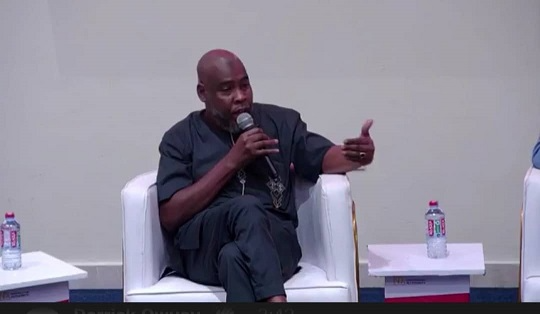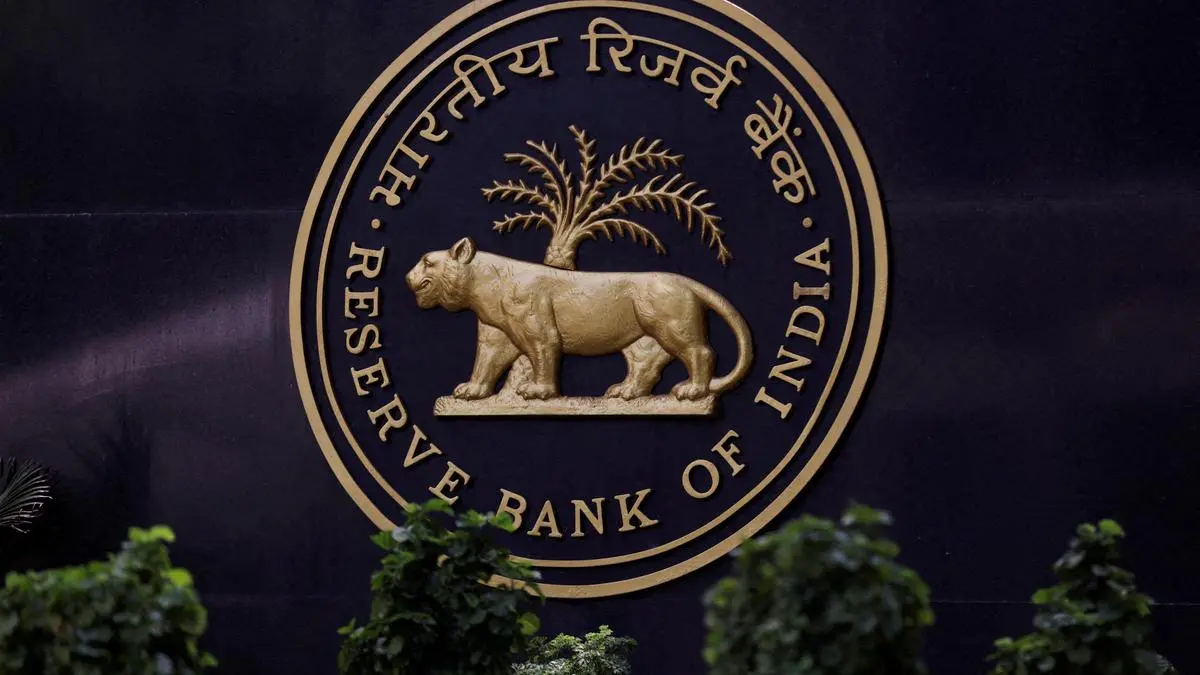By Benjamin Nii Nai,GBC
Copyright gbcghanaonline

By Benjamin Nii Nai Anyetei
Award-winning filmmaker and CEO of Venus Films Productions, Abdul Salam Mumuni, has attributed the collapse of Ghana’s once-vibrant cinema culture to the poor quality of movies released into theatres.
Speaking at the maiden National Film Dialogue organised by the National Film Authority (NFA) at the Cedi Conference Centre, University of Ghana, Legon, on Tuesday, September 16, Mumuni recalled a time when Ghanaian films could fill multiple cinema halls. He noted that today’s audiences have lost trust in locally produced content due to a lack of quality control.
“In the past, not every movie made it to the public. There was control, and producers respected industry standards. But now, anyone can wake up, shoot a film, and send it straight to cinemas. Viewers became disappointed with what they saw, and gradually, they stopped coming,” he said.
Mumuni cited Silverbird Cinemas as an example, recalling how a single premiere could once fill up to nine halls — something that is now almost unthinkable.
He explained that Ghana’s film industry once thrived on a robust distribution network, particularly during the era of CDs. At its peak, a single film could sell over a million copies across the country.
“Back in the day, selling 100,000 CDs was just the beginning. Accra alone could take 50,000 copies, Kumasi 20,000, and other places such as Tamale, Takoradi, Koforidua, and Ho would all get their share. Every region had a distributor, making it easy to sell in large numbers,” he recalled.
However, the shift to digital platforms and the concentration of cinemas in only Accra and Kumasi have cut off large audiences in other regions, leaving many Ghanaians without access to films.
“How do we reach the rest of the country if cinemas are in only two cities?” Mumuni asked.
Meanwhile, the NFA’s governing board, chaired by filmmaker Ivan Quashigah, has unveiled plans to revive the industry by transforming film distribution into a vibrant and profitable ecosystem.
Quashigah announced that the Authority’s target is to engage at least one per cent of Ghana’s population (around 350,000 people) to watch 10 good Ghanaian movies annually, a move he believes will boost cinema culture, cultural pride, and the economy.
But Abdul Salam warned that production alone is not enough. What the industry desperately needs, he stressed, is investment in distribution infrastructure.
“We don’t need government loans to shoot films. Without proper markets, you can’t recoup the money. What we need is more cinemas across the regions and strong promotion. Entertainment will never die, but it needs the right systems to thrive,” he said.
The National Film Dialogue brought together industry stakeholders, policymakers, and creatives to discuss solutions for Ghana’s struggling film sector.



